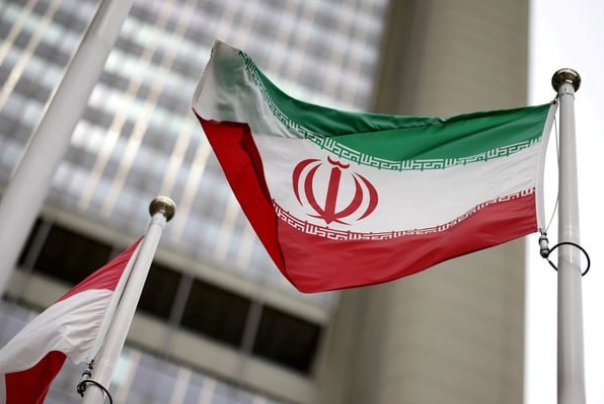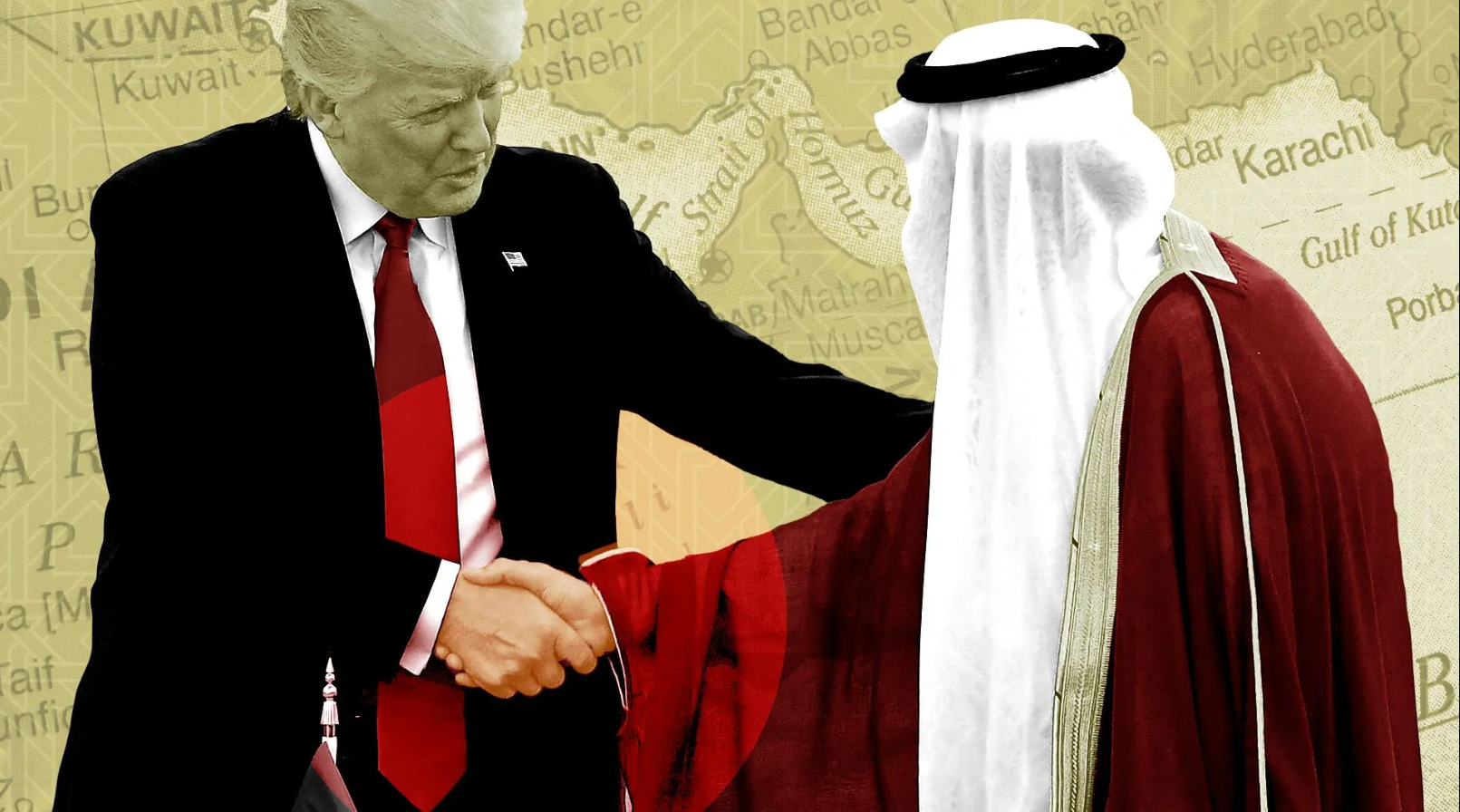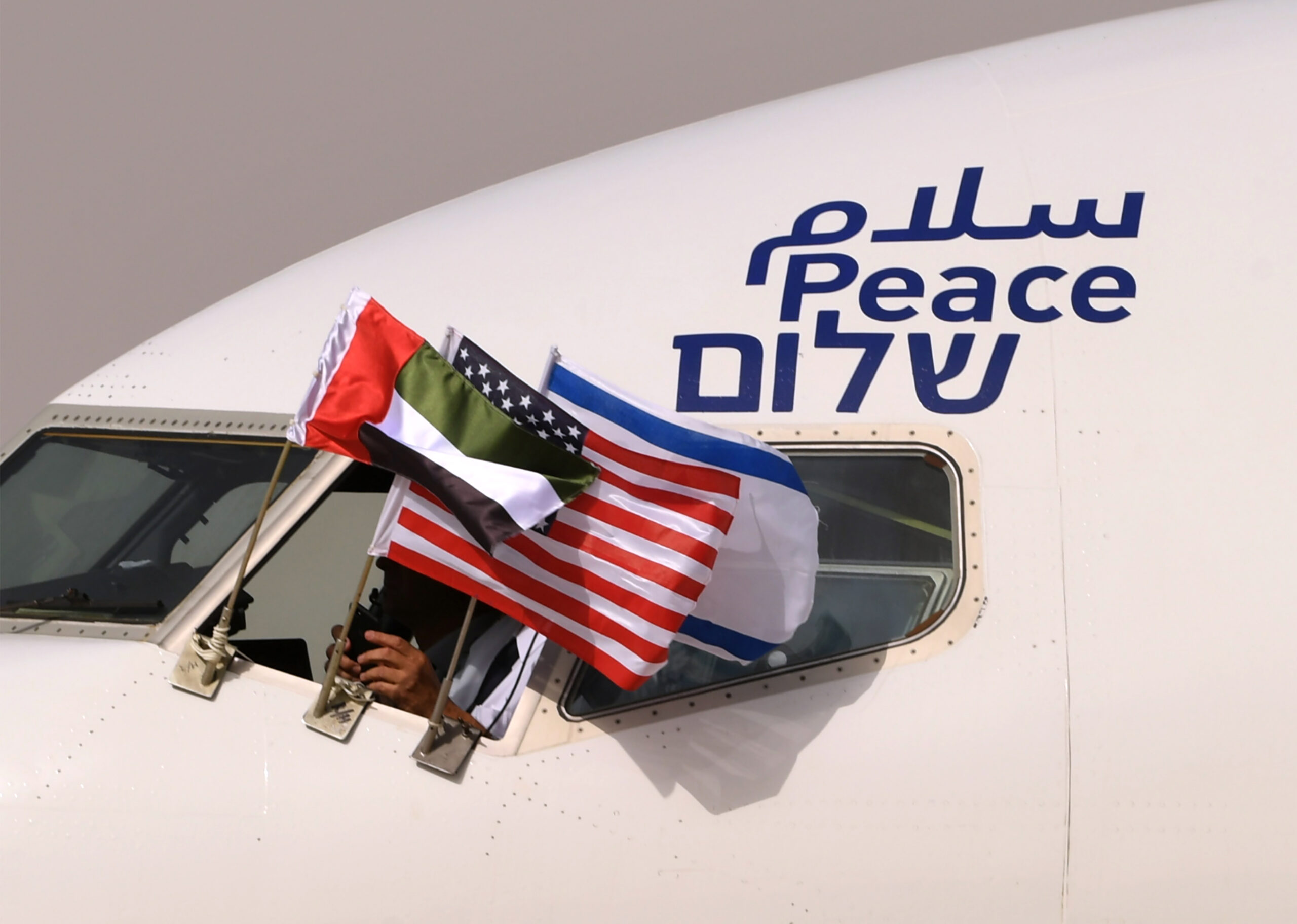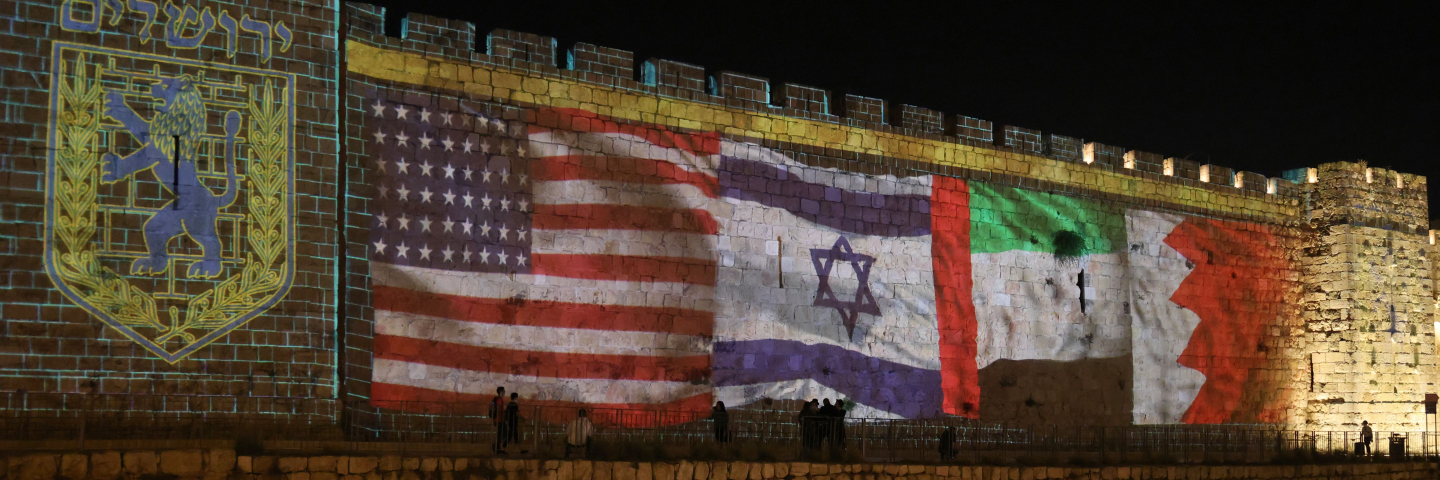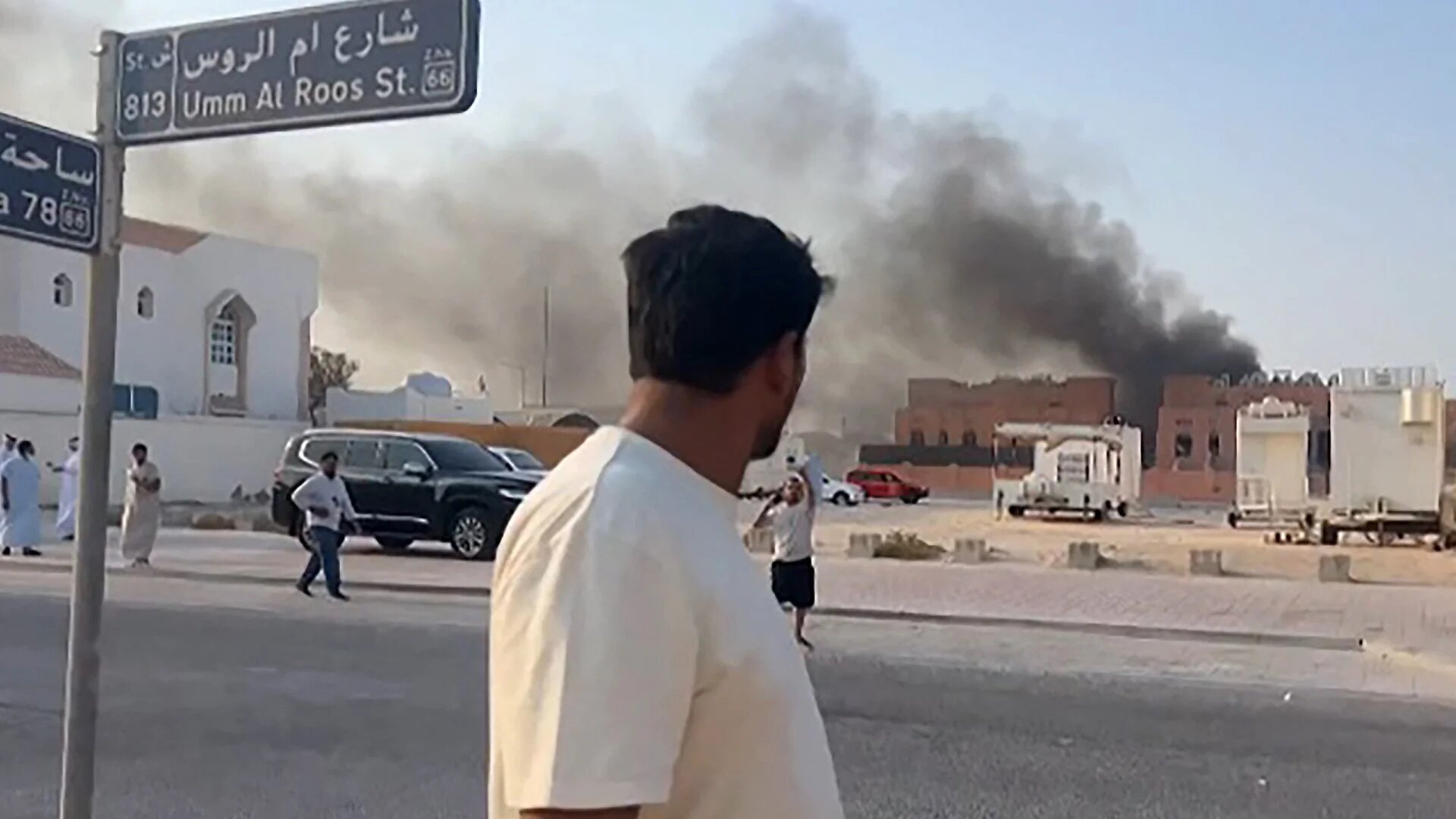Because of the release of the recent report by the Director General of the International Atomic Energy Agency, as outlined in document GOV/2025/25 dated 31 May 2025, the Ministry of Foreign Affairs and the Atomic Energy Organization of the Islamic Republic of Iran deem it necessary to emphasize the following:
The governments of the United Kingdom, France, Germany, and the United States have repeatedly violated their obligations under the Joint Comprehensive Plan of Action (JCPOA) and United Nations Security Council Resolution 2231. Meanwhile, they continue to impose unilateral and illegal sanctions and exert pressure on the Islamic Republic of Iran in clear violation of the principles of international law. During the November 2024 meeting of the IAEA Board of Governors, these countries, through a politically motivated and unjustified move—ignoring the outcomes of the Director General’s visit to Iran—proposed a resolution against Iran. This action was met with a lack of support from a significant number of member states who opposed the destructive and politicized approach of the resolution’s sponsors.
This approach once again demonstrates that the three European countries and the United States are not sincere in their claims of upholding the IAEA’s credibility or working towards a diplomatic agreement. They have consistently attempted to instrumentalize the Agency as a tool to serve their current political agendas.
Despite Iran’s strong reservations regarding the content and orientation of the 21 November 2024 resolution of the Board of Governors and its legitimate opposition to the approach taken by the three European countries and the United States, Iran has, based on a principled policy of constructive engagement with the IAEA and within the framework of its rights and obligations under the Nuclear Non-Proliferation Treaty (NPT) and the Comprehensive Safeguards Agreement, continued its extensive and sincere cooperation with the Agency. Accordingly, the Director General of the IAEA has visited Tehran twice, and Iran has also hosted the Agency’s Deputy Director General for Safeguards on two occasions.
Unfortunately, despite this broad cooperation, the comprehensive report—although acknowledging Iran’s cooperation—fails to reflect the true extent of such cooperation. The Director General’s report extensively relies on forged documents provided by the Israeli regime and repeats baseless and politically motivated allegations. These allegations relate to supposed undeclared activities and sites allegedly dating back decades. Iran has repeatedly stated that it has had no undeclared nuclear sites or activities. Moreover, Iran has provided the Agency with access to the alleged sites, allowed sampling, and offered detailed information and explanations on multiple occasions regarding the history of those locations, fulfilling its cooperation responsibilities.
Other points of criticism in the report involve matters such as Iran’s sovereign right regarding the acceptance of inspectors, implementation of modified Code 3.1, the joint statement, enrichment levels, and speculative claims about Iran’s intentions. With respect to inspector appointments, while the IAEA currently has 125 inspectors designated for Iran, the revocation of a small number of inspector designations by Iran is fully in line with its sovereign and legal rights under Article 9 of the Comprehensive Safeguards Agreement and is a routine matter consistent with the rights of NPT member states.
Despite Iran’s ongoing cooperation with the IAEA under the Safeguards Agreement and the issuance of joint statements, the published report includes references to marginal, unrelated, and extraneous issues that go beyond the Agency’s designated mandate.
The Islamic Republic of Iran reiterates that the report suffers from a fundamental flaw: it fails to distinguish correctly between obligations under the NPT and voluntary commitments made under the JCPOA. This flawed interpretation has led the report to wrongly present some of Iran’s voluntary actions as binding legal safeguards obligations. Such interpretations lack any legal basis in the IAEA’s foundational documents and impose no legal obligation on Iran. Furthermore, citing unreliable and misleading information provided by the Israeli regime—a non-NPT party possessing weapons of mass destruction and responsible for grave crimes against humanity, including genocide—is inconsistent with the IAEA’s principles of professional verification.
Taken together, these issues lead Iran to conclude that the structure and content of the report are unbalanced and lack a comprehensive and accurate assessment of the key factors contributing to the current situation, particularly the United States’ withdrawal from the JCPOA and the European parties’ failure to uphold their commitments.
The Islamic Republic of Iran expresses its deep regret regarding the publication of this politically motivated report, prepared under external pressure, and officially objects to its content. The report exceeds the Director General’s assigned duties and contradicts the professional standards expected of international institutions, especially the principle of impartiality.
The repetition of unfounded allegations, accompanied by exaggerated expressions of concern, merely serves as a pretext for political manoeuvring against the Islamic Republic of Iran. Meanwhile, the illegitimate Israeli regime—without being a member of the NPT—possesses a nuclear arsenal and openly threatens to attack the peaceful nuclear facilities of an NPT member state. Regrettably, the Director General has taken no action to condemn such threats, despite his legal responsibilities and Iran’s repeated requests.
The Islamic Republic of Iran expresses its deep regret over the lack of impartiality and the Director General’s departure from a professional approach due to political pressures in preparing and releasing this report. Iran warns against any political exploitation of this report’s contents and emphasizes the following points once again:
Based on the fatwa (religious decree) of the Supreme Leader, nuclear weapons have no place in Iran’s defence doctrine;
According to the fundamental principles of international law, there are no restrictions on the inalienable right to peaceful use of nuclear energy;
Iran’s enrichment program is solely for peaceful purposes, fully transparent, conducted under the IAEA’s full supervision, and in accordance with the Comprehensive Safeguards Agreement;
If politicization and hypocrisy did not dominate the agenda of the three European countries and the United States within the IAEA, there would be no justification for the preparation of such a repetitive and unjust report.
Finally, it must be stressed that should any country attempt to exploit Iran’s cooperation with the IAEA and its transparent and confidence-building approach in the verification process—or misuse the current report during the upcoming Board of Governors meeting—Iran will adopt and implement appropriate measures in response to such conduct in order to safeguard its legitimate rights and interests. The consequences and responsibility for such actions will lie with those countries.

